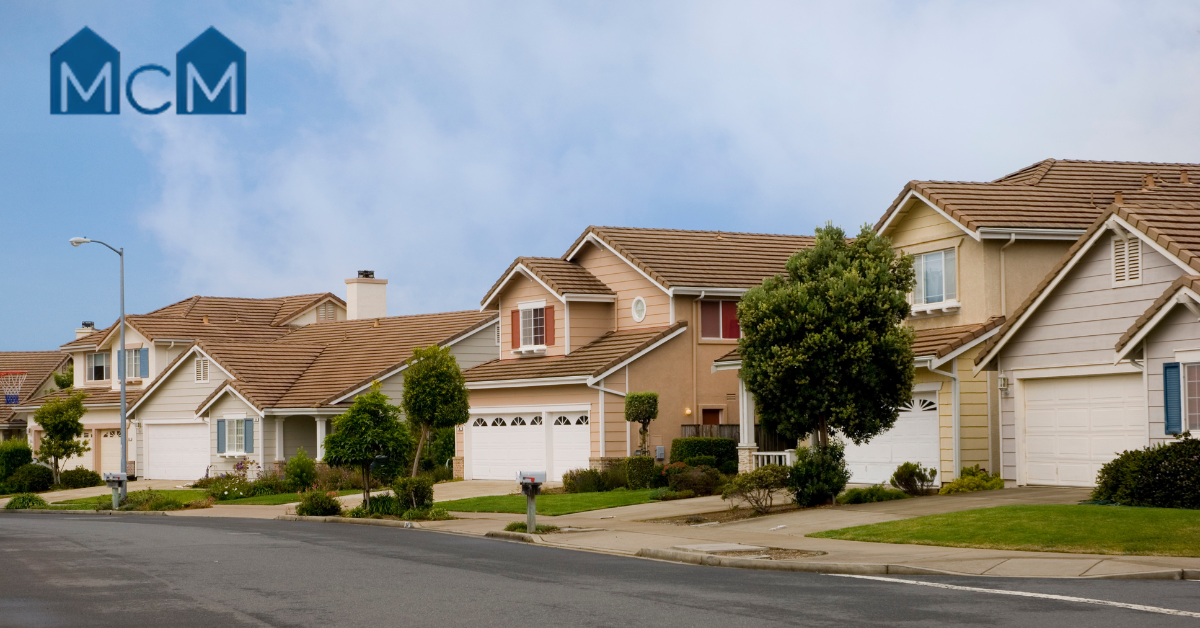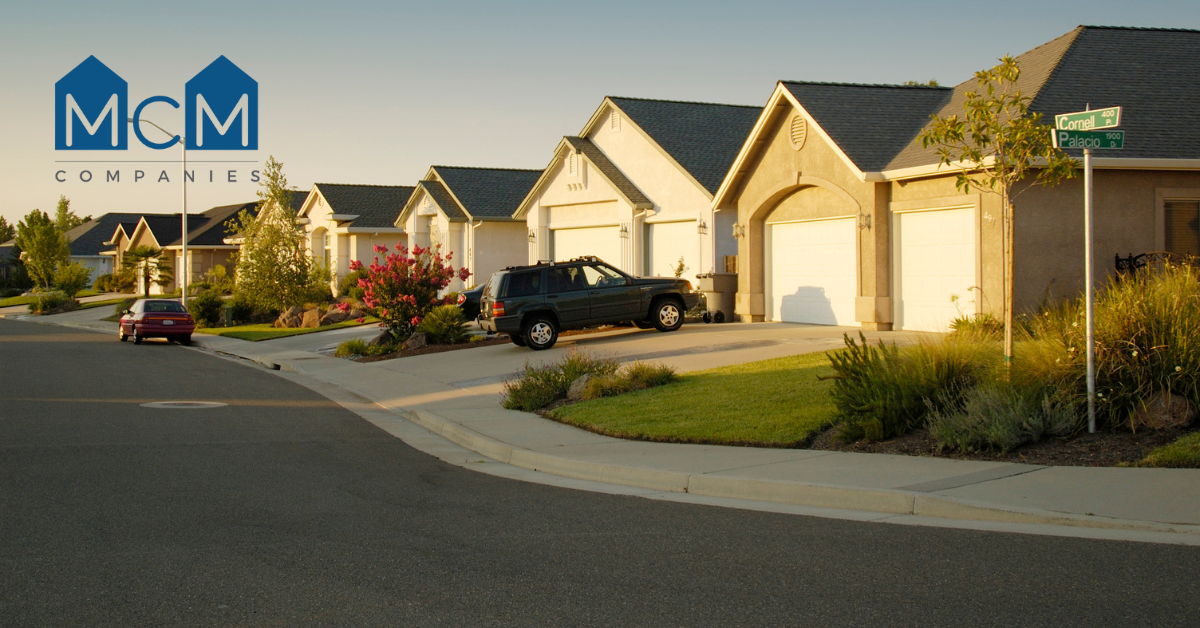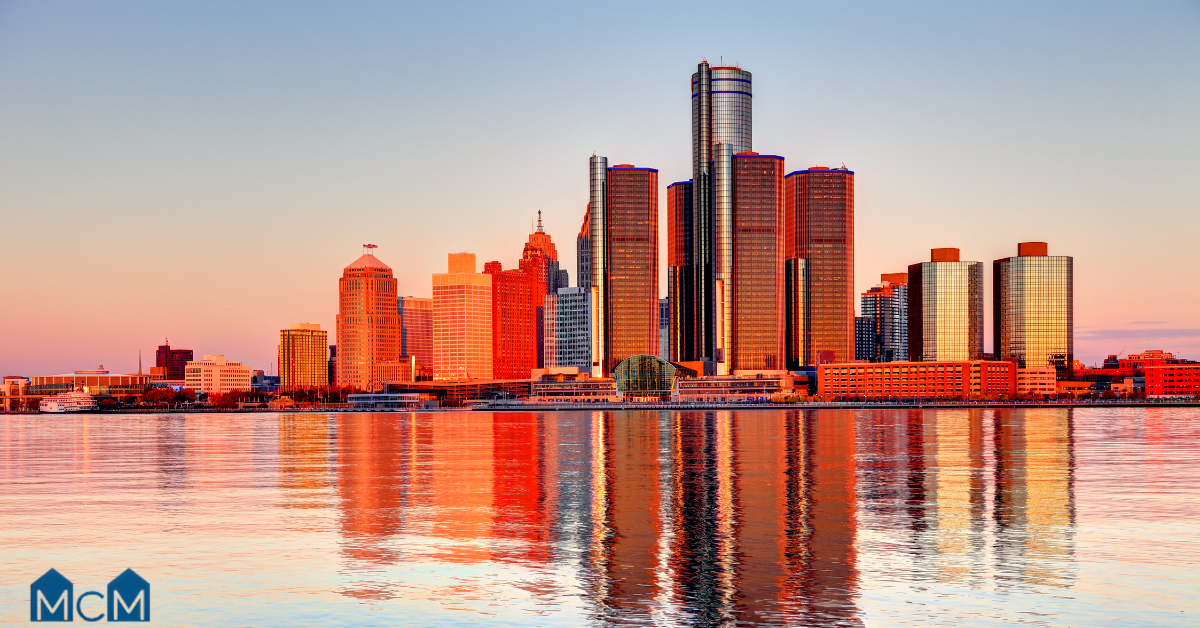Finding Your Ideal Modular Home in Indiana: A Starter Guide


New construction prices have climbed steadily across Indiana, but modular homes still offer a realistic path to ownership. Recent builders’ surveys place the average finished cost of a modular home between $70 and $120 per square foot, which keeps a 1,600‑square‑foot residence in the $110,000–$190,000 range, often 20-40 % lower than an equivalent site‑built house.
Because most of the work happens indoors in a factory setting, weather delays are minimal, and most projects go from order to move-in within three to four months. This mix of predictable pricing and faster timelines is a big reason why more Indiana buyers are turning to modular homes each year.
Understanding Modular Home Standards in Indiana
When exploring your housing options in Indiana, understanding the state’s terminology will keep you on the right side of lenders, appraisers, and building officials.
- Modular home – A factory‑assembled dwelling that meets the Indiana Residential Code (675 IAC) and is designed for placement on a permanent foundation. Once set, it is assessed and taxed like a conventional house.
- Manufactured (HUD‑code) home – Also factory‑built, but constructed to a federal standard and often titled as personal property unless permanently affixed.
- Mobile home – A pre‑1976 unit built to older, now‑superseded standards.
Where Will Your Modular Home Sit?
Before you choose a floor plan, it’s important to know where your modular home will be placed. Indiana land prices vary quite a bit depending on location. According to Purdue University, top-quality farmland now averages around $14,392 per acre. In contrast, small suburban lots in Marion County often sell for $20,000 to $55,000 for less than a quarter acre, depending on the neighborhood and available infrastructure.
If you’d rather avoid the stress of purchasing and preparing raw land, MCM Communities offers planned neighborhoods throughout the state. These communities come with pre-engineered lots, upgraded roads, and essential utilities already in place—making it much easier to get started.
Permits and Licensed Professionals
To ensure compliance with state regulations, Indiana mandates that modular homes be installed by state-licensed professionals. Your builder will typically handle the necessary paperwork, including submitting the Construction Design Release (CDR) application to the Indiana Department of Homeland Security (IDHS). Once the application is submitted, IDHS has 10 business days to determine whether the plans will be reviewed or released without a plan review.
After your modular home is delivered and set on its foundation, local inspectors will assess the installation, including plumbing, electrical systems, and structural connections. Upon successful inspection, you'll receive a Certificate of Occupancy, allowing you to move into your new home.
Paying for a Modular Home in Indiana
Because a code‑compliant modular home is classified as real property once it’s set on a permanent foundation, Indiana lenders usually finance it with the same mainstream mortgages they offer for site‑built houses.
- Conventional mortgage: Fixed terms of 30, 20, or 15 years. Down payments can be as low as 3 % for qualified first‑time or repeat buyers. Monthly private mortgage insurance (PMI) is required when the loan‑to‑value ratio exceeds 80%, but it can be canceled when roughly 20% equity is reached.
- FHA (Title II) mortgage: A government-backed loan available in 15- or 30-year terms, requiring at least a 3.5% down payment for borrowers with credit scores of 580 or above.
- USDA Rural Development loan: Restricted to properties in USDA-designated rural zones and to households whose income does not exceed roughly 115% of the area median. Enables full financing with no down payment.
- VA home loan: A no-down-payment mortgage for eligible veterans, active-duty personnel, reservists, and certain surviving spouses, with no requirement for monthly mortgage insurance. Instead, a single funding fee—ranging from 0% to 3.3% depending on your service record and down-payment amount—can be added to the loan balance.
Smart Design Choices for Indiana’s Climate
Indiana experiences a full range of weather—from snowy winters to stormy springs and hot, humid summers. Fortunately, modular homes can be built to handle it all. Here are some smart choices to consider:
- Insulation: Use R-49 in the attic and R-21 in the walls to keep your home energy-efficient year-round.
- Roof shape and material: A hip roof with metal panels rated for high winds can add protection during storms.
- Doors and windows: Choose impact-rated, laminated glass and steel entry doors to increase safety and energy efficiency.
- Foundation type: A poured-wall basement adds safety and storage, while an insulated crawl space can save on construction costs.
Your Site-Prep and Installation Timeline
Here’s a typical project timeline from start to finish:
▸ Central Indiana soils often need drainage—plan for this early.
▸ Request your permanent electric meter as soon as the foundation is poured.
▸ Oversized load permits are required—your installer will handle this.
▸ Schedule HVAC and final inspections once the drywall crew gets started.
Counting the factory build (which happens off‑site while you prep the lot), most three‑bedroom modular projects in Indiana run about 12 to 16 weeks from the day you place the factory order to move‑in.
How MCM Communities Simplifies the Journey
MCM Communities is committed to making the modular home process as smooth and stress-free as possible. Here's how:
- Pre-engineered plans are already approved to meet Indiana’s building and energy codes.
- 24/7 agent support gives you constant access to answers—whether it’s about land requirements, paperwork, or permits.
- Community upgrades such as paved roads, lighting, and green spaces help create vibrant, ready-to-live-in neighborhoods.
- One-stop coordination means MCM manages everything from the factory schedule to installer communication, so you don’t have to juggle multiple contractors.
Ready to Build Your Future in Indiana?
Modular homes in Indiana offer an exciting opportunity to build affordably, quickly, and with confidence. Whether you’re looking for a peaceful rural setting or want to move into a modern, well-planned community, MCM Communities is here to help every step of the way.
Start your journey today by exploring available listings or reaching out to our team for personalized guidance. Your ideal home—and your ideal lifestyle—could be just a few steps away.
.svg)





